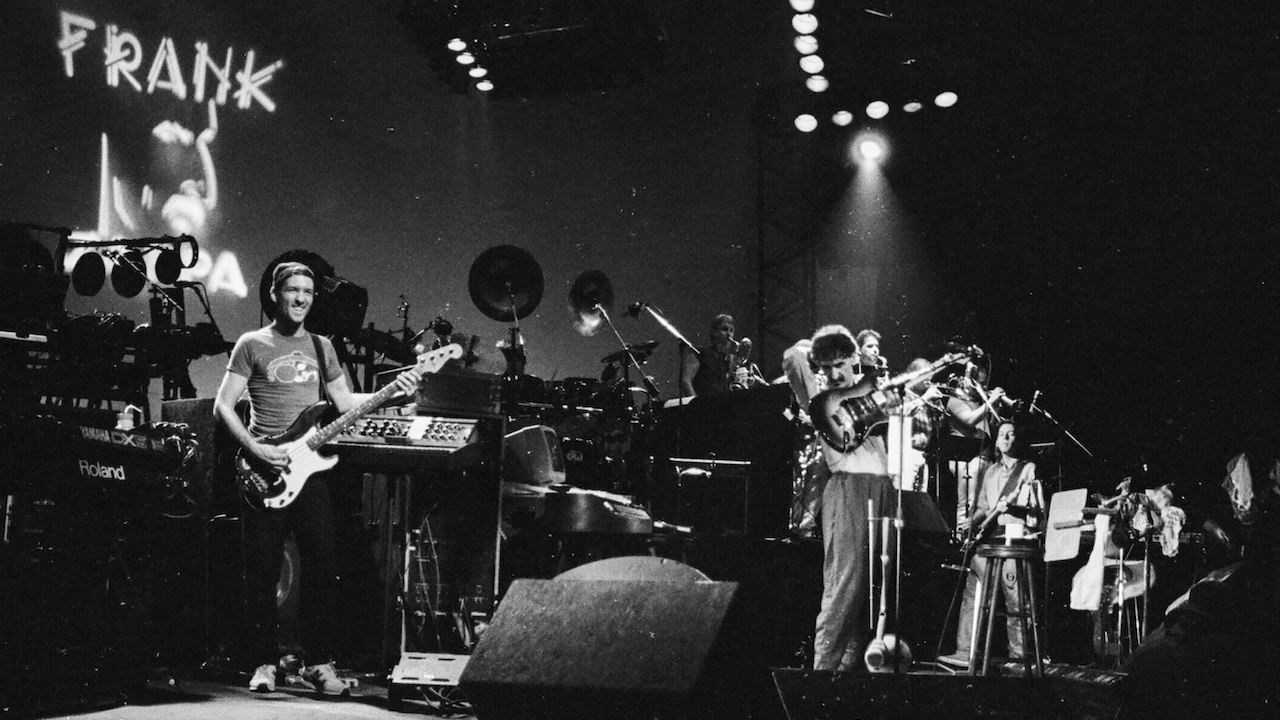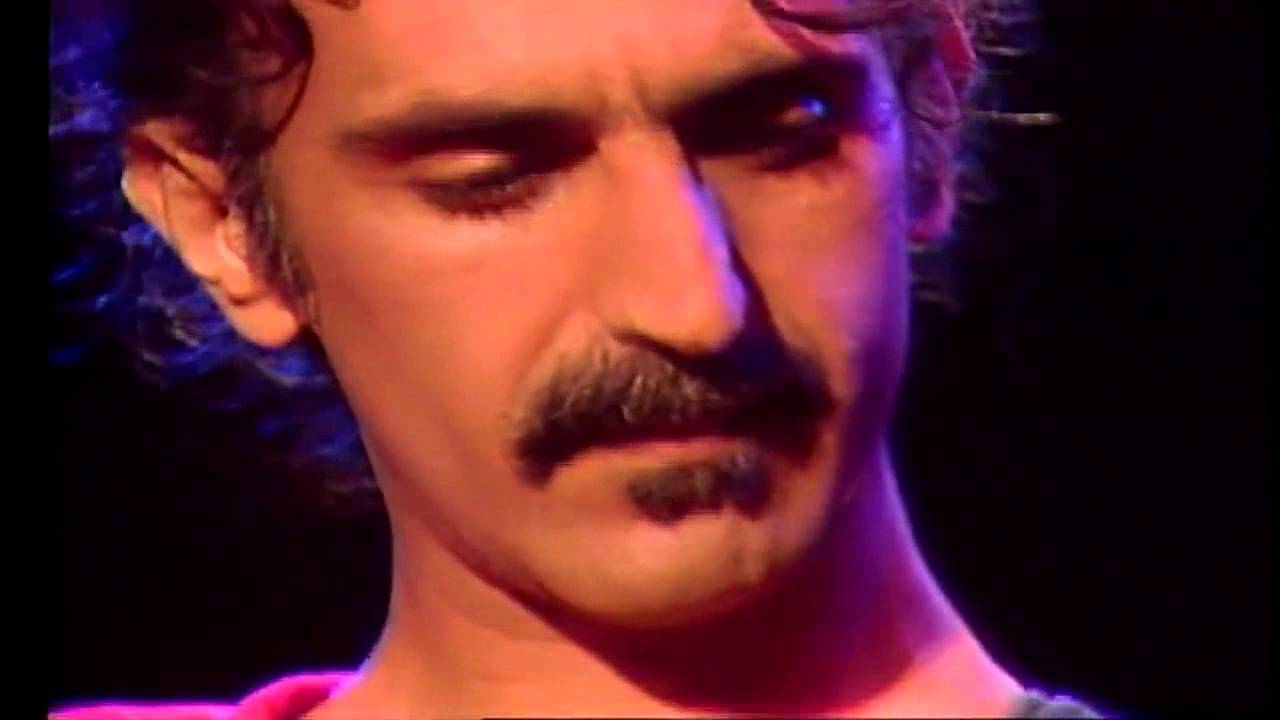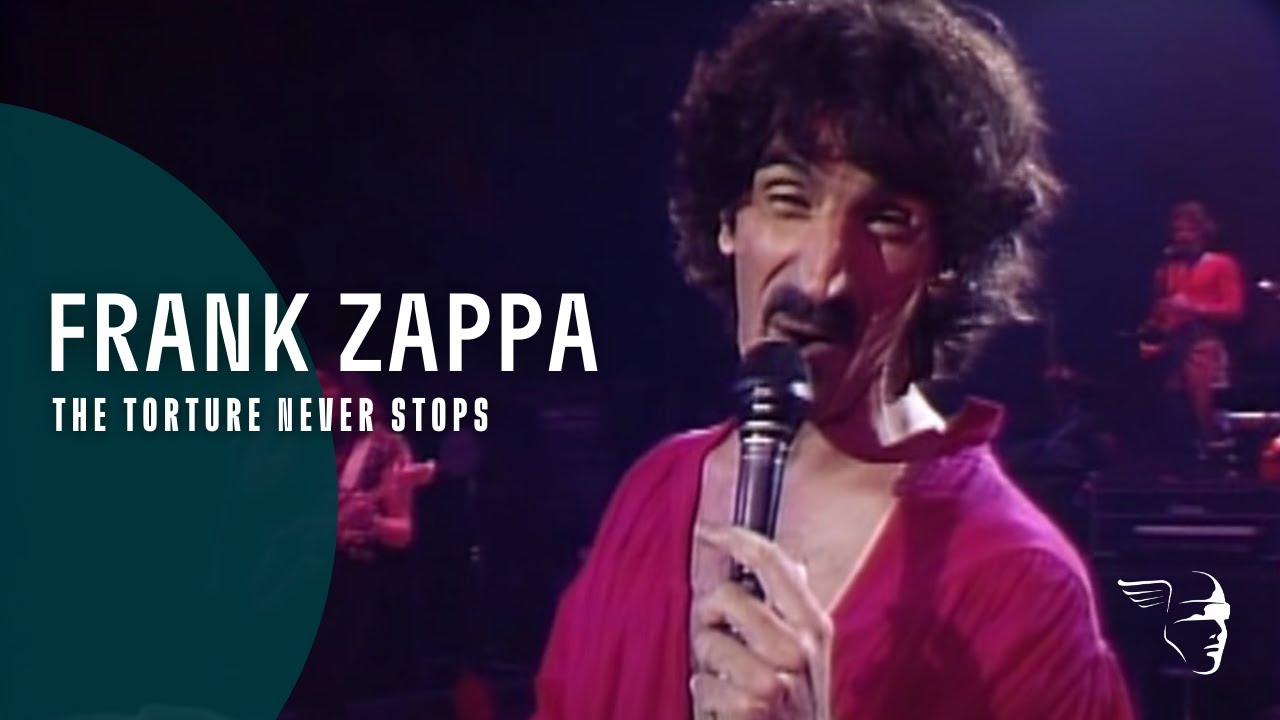Channelling punk, jazz and classical influences, Scott Thunes is an enigma of modern bass-playing history and blazed a unique trail in creating his own spiky playing style. Yet his cult status is based on his controversial tenure with Frank Zappa, which ended with him quitting music altogether.
Thunes (pronounced Too-nis) had proclaimed his unequivocal retirement from the music industry in an infamous 1997 interview with writer Thomas Wictor in his book In Cold Sweat: Interviews With Really Scary Musiciansand was working as a doorman at the time, stating: “If I’ve already played with Frank Zappa, where else is there to go?”
Thunes toured and recorded with Zappa until 1988. He also recorded several albums with Dweezil Zappa, toured briefly with guitarist Steve Vai, and recorded and toured with the punk band Fear.
In between construction jobs, temp work, and various local gigs in Los Angeles and the Bay Area, he also recorded with the Waterboys, Andy Prieboy, Wayne Kramer, Mike Keneally, and the Vandals.

“Frank was a special case,” Thunes told Bass Player. “But he wanted all the juice with none of the blood. All of those albums I played on have blood on every track; there was danger lurking behind every single note. I dig tension in my music, because I know from modern classical music that tension can coexist with normalcy. Frank was a big fan of that.”
It’s this hybrid approach, which borrows improvisational ideas from jazz yet filters them through his immense classical knowledge only to be delivered with a punkish picking style on a low-slung P-Bass, that makes Thunes such an innovative stylist. But for all his ability, he remains scathing about the idea of the bass guitar as a solo instrument.
“I hate bass solos. Hearing massively complicated genius bass players solo is one of the most boring things I’ve ever heard in my life. Stu Hamm playing the Moonlight Sonata? It’s an ugly sound – don’t do it! Step away from the bass! I didn’t take solos with Frank. I just think they sound terrible.”
Rock musicians also get short shrift from Thunes, with many afraid of “knowing too much” and somehow through that then losing their ability to write songs.
“They learn the minor scale, or the pentatonic scale, and everything they do is in there. Even if you change keys you’re going to be playing that same scale over the other chords, or you are going to be playing the appropriate scale over the appropriate chord. Both of them are dead ends, they don’t do anything for you.”

“But bass players aren’t supposed to have ideas; they’re supposed to be functionaries. If you’re a bass player in a rock band, you are by definition a moron – because you are doing nothing except what the song requires.”
Thunes is also of the opinion that much of the brilliant live work he recorded with Zappa is riddled with mistakes, each of which he’s apt to point out in detail.
“When I first started playing with him, Arthur Barrow, the bass player, said for The Torture Never Stops‘During his solo Frank doesn’t want to hear anything except the note A. You can play any octave you want but that’s the only note you’re allowed to play.’ In ’81 and ’82 I agreed, but in ’84 I forgot all about it and Frank never actually said, ‘What are you doing to my solo!’”

“In the old days I was able to do whatever I wanted and Frank didn’t say a word. I didn’t need to worry about whether I was being supported or supporting. So even though I’m playing this heavy-duty thick bassline, it’s not Frank’s bassline anymore, it’s mine to do what I want with.
“But everything has its place and has its time, and now that I’m older, playing certain types of music, with certain people I’m now battling within myself: ‘Am I playing too much right now? Let’s play less and see what happens.’ You have to make your own decisions, but it’s my job to find out what’s the most appropriate.”
GIPHY App Key not set. Please check settings